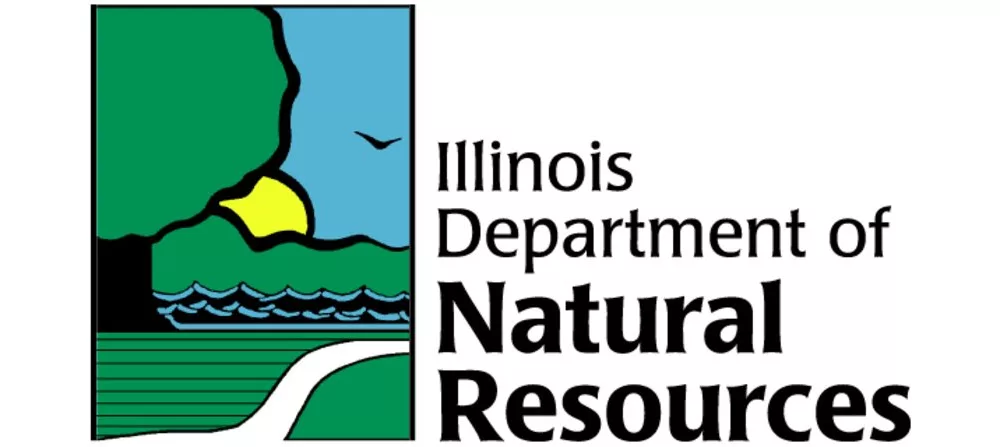SPRINGFIELD, Ill. (IRN) — A measure creating a task force to look into monthly guaranteed taxpayer-funded “unrestricted cash” subsidies to certain individuals in Illinois is being discussed in the state legislature.
An Illinois Senate appropriations committee Wednesday heard about Senate Bill 3462 from state Sen. Ram Villivalam, D-Chicago.
The bill as filed would create the Illinois Guaranteed Income Law and establish a board within the Department of Human Services to evaluate the efficacy of the program, propose statewide policies and provide oversight. The board would review “the landscape of cash supports available to low-income residents” and identify “populations without significant access to cash supports.”
The bill as filed says after the board is dissolved at the end of 2027, DHS would administer the program with monthly cash payments of $1,000 to Illinois residents, regardless of immigration status, who provide care for a child or specified dependent, recently gave birth or adopted a child or is enrolled in an educational or vocational program.
Villivalam presented an amendment to his bill during a subject matter hearing in Chicago that would focus on creating the task force and would not prescribe a dollar amount for what the payment would be. He couldn’t say how much his plan would cost taxpayers.
“Those are conversations we would like to have with the members of the committee and our colleagues to see what would be appropriate to start this off at the state level,” Villivalam told the committee.
The amendment wasn’t acted upon by the committee.
Mike Buehler, who is the McHenry County Board chairman, couldn’t attend Wednesday’s hearing, but is listed as an opponent of the measure as filed. He said it’s irresponsible to discuss such a program without knowing how much it will cost taxpayers.
“My understanding is that you would have to be a person with a child, or caring for someone in your home or in school to be eligible for the benefits. That could be millions of people and the cost could be in the tens of billions of dollars,” Buehler told The Center Square. “And where’s the state going to come up with these funds and the only place to come up with that is to get it from the taxpayers.”
Pilot guaranteed income programs in Chicago and the Metro East St. Louis areas are ongoing, costing taxpayers millions. In 2022, the city of Chicago was in line to spend $31.5 million for $500 a month to go to 5,000 low-income residents. That same year, Illinois legislators approved a pilot program using state taxpayer funds worth $3.6 million for the Metro East St. Louis area.
Ameya Pawar with the Economic Security Project said there are 150 different programs across the country. He gave examples of people using the money to buy sports goods for their children or even to take a vacation.
“And all of this money that goes into the pockets to stabilize households flows through local businesses,” Pawar told the committee. “So you see some of this money back in sales taxes, and other taxes.”
Buehler said there could be unintended consequences, like reducing work productivity and more.
“For regardless of immigration status, I think an unintended consequence could be a flood of migrants coming to Illinois looking for benefits and not having to work for it,” he said.
Pawar said the proposed statewide guaranteed program of “unrestricted cash” should be in addition to other taxpayer-funded safety net programs. Programs like Supplemental Nutrition Assistance Program funds go to buy food. The Low Income Housing Energy Assistance Program is for heating bills. The Temporary Assistance for Needy Families program provides monthly cash assistance to low-income families with children.
The “unrestricted cash” from a guaranteed income program would be bad for other taxpayer-funded safety net programs that go for specific assistance, Buehler said,
“And to get this income, they may not necessarily spend that in their own best interest or the interest of the citizens at large,” he said.
The amendment wasn’t acted upon. The measure remains in committee.
By GREG BISHOP for the Illinois Radio Network







